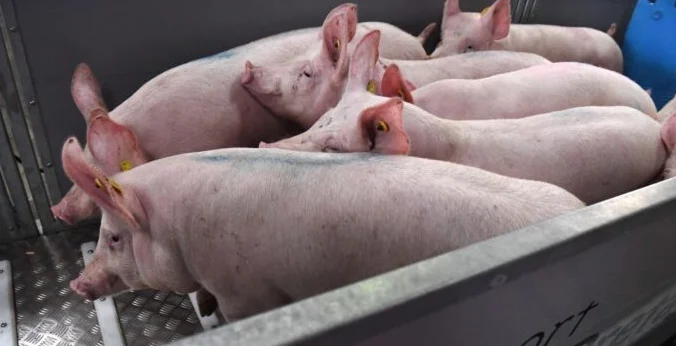For the first time ever, a gene-edited pig kidney has been successfully transplanted into a human recipient, marking a monumental advancement in medical science. The groundbreaking surgery, which lasted four hours, took place at Massachusetts General Hospital (MGH) on March 16, as announced in a press release by MGH on Thursday.
The kidney used in the transplant underwent 69 genomic edits to remove harmful pig genes and incorporate specific human genes, enhancing its compatibility with humans. Employing CRISPR-Cas9 technology, scientists meticulously modified the pig’s DNA to prevent rejection by the recipient’s body.
Furthermore, precautions were taken to deactivate porcine endogenous retroviruses in the donor pig, minimizing the risk of infection in humans. The recipient of the transplanted kidney, Mr. Richard Slayman of Weymouth, Massachusetts, is currently recuperating well at the hospital and is expected to be discharged soon.
Director of the Legorreta Center for Clinical Transplant Tolerance at MGH, Tatsuo Kawai, expressed optimism that this transplant breakthrough could offer hope to millions worldwide battling kidney failure.
The procedure was conducted under the U.S. Food and Drug Administration’s Expanded Access Protocol (EAP), granting access to experimental treatments for patients with severe conditions. Alongside the kidney transplant, Mr. Slayman received novel immunosuppressant drugs to prevent rejection.
Mr. Slayman, who previously underwent a human kidney transplant in 2018, expressed gratitude for the opportunity, highlighting the pressing need for organ transplants to save lives.
Joren Madsen, director of the Mass General Transplant Center, emphasized the significance of the genetic modifications and specialized antibodies in ensuring the success of the transplantation, underscoring the challenges of pig organ rejection by the human immune system.
While Mr. Slayman’s case marks a milestone in gene-modified pig organ transplants, it is not the first instance of xenotransplantation. However, previous attempts with genetically altered pig hearts resulted in fatalities.
Xenotransplantation, the process of transplanting animal organs into humans, has drawn ethical scrutiny. Concerns have been raised regarding the alteration of animal genetics and potential cognitive impacts, prompting discussions on defining personhood and ethical boundaries.
Despite ethical concerns, the demand for pig organs persists due to the shortage of human organs for transplantation. With thousands awaiting transplants, advancements in xenotransplantation offer hope for addressing this critical medical need.
